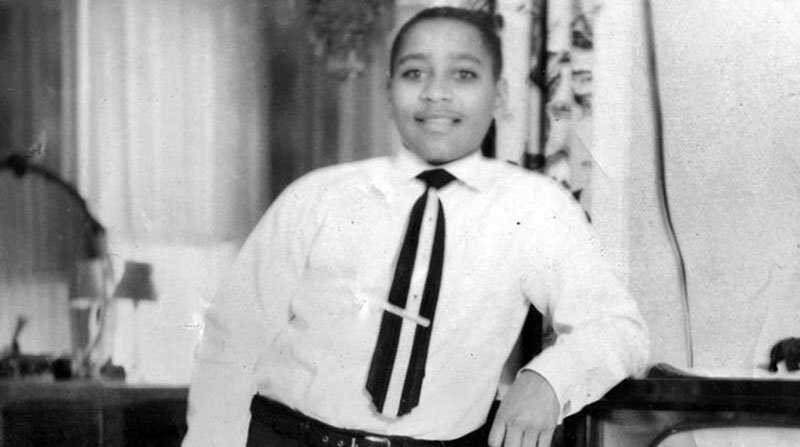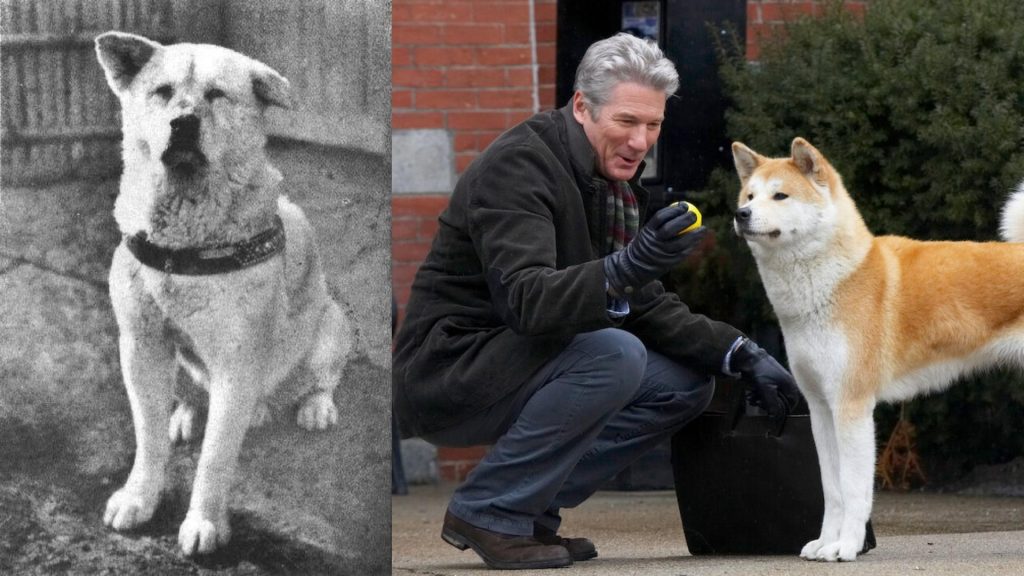Emmett Till’s story is one etched in the painful annals of American history, a stark reminder of the injustices faced by Black Americans during the Jim Crow era. On August 31, 1955, the discovery of Till’s mutilated body in the Tallahatchie River sent shockwaves across the nation. His mother, Mamie Till-Mobley, devastated by the brutal murder of her 14-year-old son, would go on to become a symbol of resilience and activism in the face of racial violence.
A Mother’s Grief: Mamie Till-Mobley’s Journey
Unveiling the Truth Behind the Tragedy
Mamie Till-Mobley, thrust into activism by her son’s tragic fate, embarked on a quest for justice that would reverberate through history. Born Mamie Elizabeth Carthan in Mississippi, she experienced the sting of racial discrimination from a young age. Despite migrating to Chicago, racial tensions persisted, shaping Mamie’s worldview.
A Mother’s Worst Nightmare

Emmett Till’s innocence was shattered by the cruelty of racism. His trip to Mississippi, intended as a summer sojourn, turned into a nightmare. His mother’s admonitions to navigate the South’s racial landscape couldn’t shield him from the violence that awaited. Mamie’s anguish knew no bounds upon receiving the news of her son’s abduction and subsequent murder.
Confronting Injustice Head-On
In the aftermath of Emmett’s murder, Mamie Till-Mobley refused to let her son’s death be in vain. Her insistence on an open-casket funeral laid bare the horrors inflicted upon her child, galvanizing a nation to confront its systemic racism. Though the trial of Till’s killers ended in acquittal, Mamie’s unwavering resolve fueled her activism.
Mamie Till-Mobley: A Voice for Change
Amplifying Emmett’s Legacy
Mamie’s tireless advocacy transcended the courtroom. She embarked on speaking tours, shedding light on the plight of Black Americans and demanding accountability for her son’s murder. Despite facing backlash and betrayal, she remained steadfast in her pursuit of justice.
A Catalyst for Civil Rights
Emmett Till’s legacy echoed through the civil rights movement, inspiring pivotal figures like Martin Luther King Jr. and Rosa Parks. Mamie Till-Mobley’s resilience served as a beacon of hope, her efforts immortalizing Emmett’s memory in the fight for equality.
Conclusion
Mamie Till-Mobley’s journey from grief to activism stands as a testament to the enduring power of maternal love and the indomitable spirit of those who refuse to be silenced by injustice. Through her courage and determination, she transformed tragedy into a catalyst for change, ensuring that Emmett Till’s name would forever be synonymous with the ongoing struggle for racial equality.
FAQs
- What was the significance of Emmett Till’s open-casket funeral? Mamie Till-Mobley’s decision to display her son’s brutalized body exposed the horrors of racial violence and galvanized support for the civil rights movement.
- How did Mamie Till-Mobley continue her activism after the trial? Despite facing setbacks, Mamie embarked on speaking tours, amplifying her son’s story and advocating for justice.
- What impact did Emmett Till’s murder have on the civil rights movement? Emmett’s death became a rallying cry for activists, sparking nationwide outrage and propelling the fight against racial injustice forward.
- Did Emmett Till’s killers ever face consequences for their actions? Despite confessing to the murder, Roy Bryant and J.W. Milam were acquitted by an all-white jury, highlighting the systemic racism pervading the legal system.
- How is Mamie Till-Mobley remembered today? Mamie’s legacy as a fierce advocate for justice endures, with her contributions to the civil rights movement immortalizing her as a symbol of resilience and activism.



